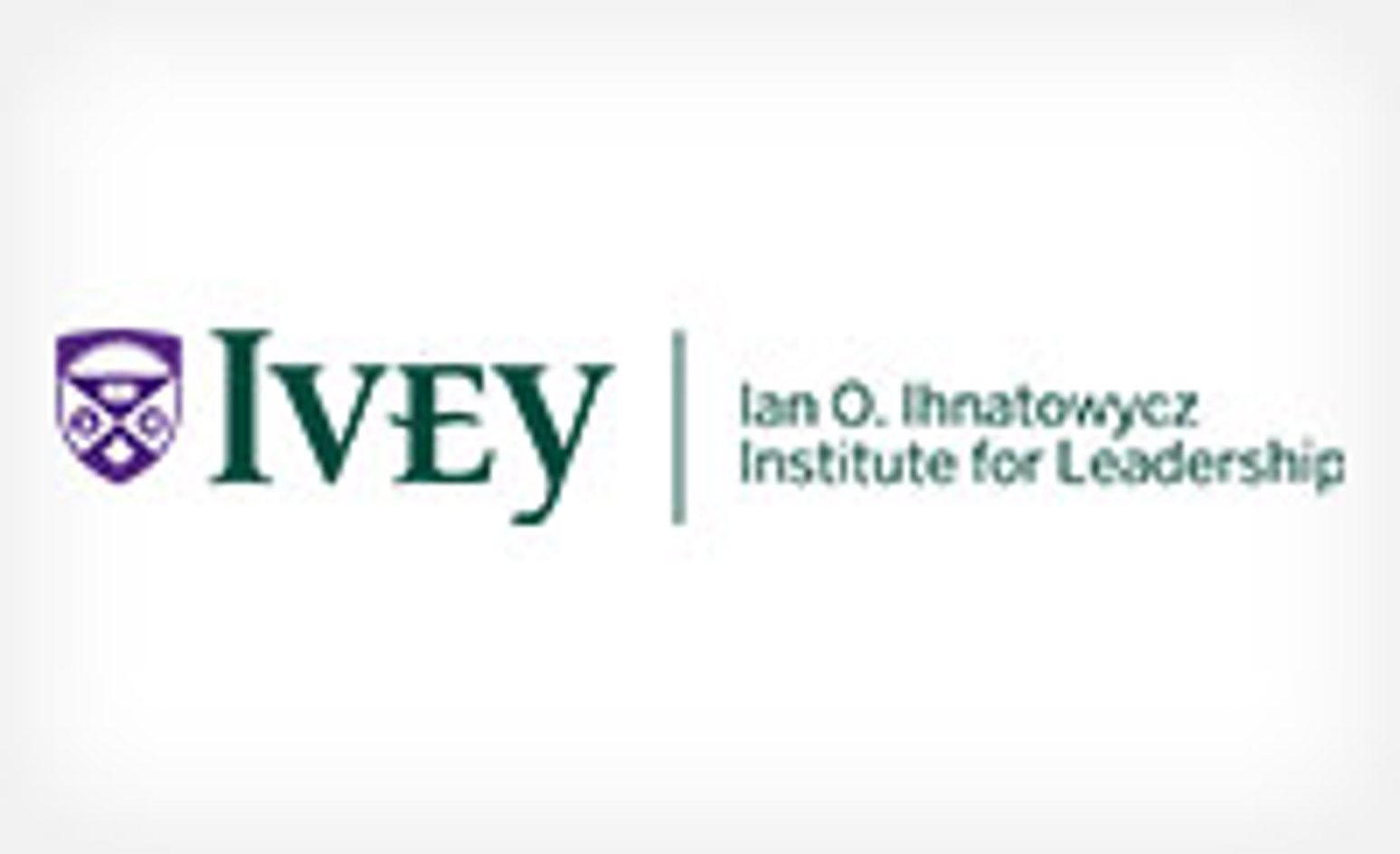Week 1
I woke up in Moscow on the day that I was flying into Yekaterinburg, and was lucky enough to go for breakfast with two American entrepreneurs who have been living there for the past twenty years. Through a keen business sense and an ability to assimilate into the Russian culture, these businessmen have launched successful companies while calling Moscow their home, and I was eager to hear what advice they could give me about teaching business in this country. The breakfast didn't fall short of my expectations: Through sharing their experiences, I learned a great deal about Russian business values that would undoubtedly aid me in developing my lesson plans. They told me about how it was a business culture rife with corruption, and as a result many Russian businessmen worked with an innate distrust of others. On the LEADER Project, our principle task is to teach our students to develop a business idea and present that idea in a business plan, but how do you convey that message in a culture where extensive planning doesn't occur because no one can rely on other parties several months down the road? Later that day as I flew over two time zones towards Central Russia, I found that I was repeatedly asking myself this question.
Two days later on the first day of classes, the four teachers from Ivey arrived in our classroom in Yekaterinburg and were met by our students, a collection of fourth-year undergraduate business majors that, for the most part, come from very wealthy families (by Russian standards). As we went around the room and had everyone introduce themselves, we found that the majority had entrepreneurial aspirations and one day wanted to lead companies of their own; one student even wanted to be the Mayor of Yekaterinburg and eventually the Russian President! As teachers, we were elated to have such an ambitious group, because it meant that our lessons on leadership and launching a company would be met with both excitement and an eagerness to hear what we had to say. Perhaps these students were not as distrustful as the American businessmen led me to believe, and were instead representatives of a new generation of young Russians who more closely resemble the business ideals taught in classrooms as opposed to the much harsher attitudes and realities that exist in the post-Cold War Russian business environment? If the former was the case, then teaching them to put together business plans was going to be easier than we had envisioned.
Week 2
As Yekaterinburg is one of the more developed sites that the LEADER Project sends a team to, we were not surprised to learn throughout our first week that the students had a strong understanding of many business concepts, and for a while it appeared as though our biggest challenge was going to be their struggle with the English terminology as opposed to the fairly Western-focused theories we were presenting. However, as the first two weeks went by we began to see traces of the Russian stereotype I was warned about at that breakfast in Moscow: during one discussion about how to sustain a competitive advantage into the future, one of my classmates from Ivey suggested setting up exclusivity agreements with suppliers. Laughter and sarcastic comments subsequently filled the room as the students scoffed at the notion that any Russian business would honor such a contract. At that moment it became clear that our students were already a part on their country's economic system, and as my perspective of them shifted from one of youthful idealism towards a more mature realism, I began to think about how to approach the final week of teaching. Rather than accept that they are simply a cog in the wheel of the Russian business climate and do our best to instill in them our way of doing business, I think we should shift the focus of the last few lessons and talk about values. Both our own values and those that we were exposed to at Ivey through studying cases on leadership, and how they've gotten us to where we are today. I think that if we can break away the business theory and delve into the core values behind what drives this country's economy, we might be able to meaningfully connect with our students and prod them to start thinking about leading change in their own country. It looks like the last week of teaching will be more challenging than I had originally thought.
